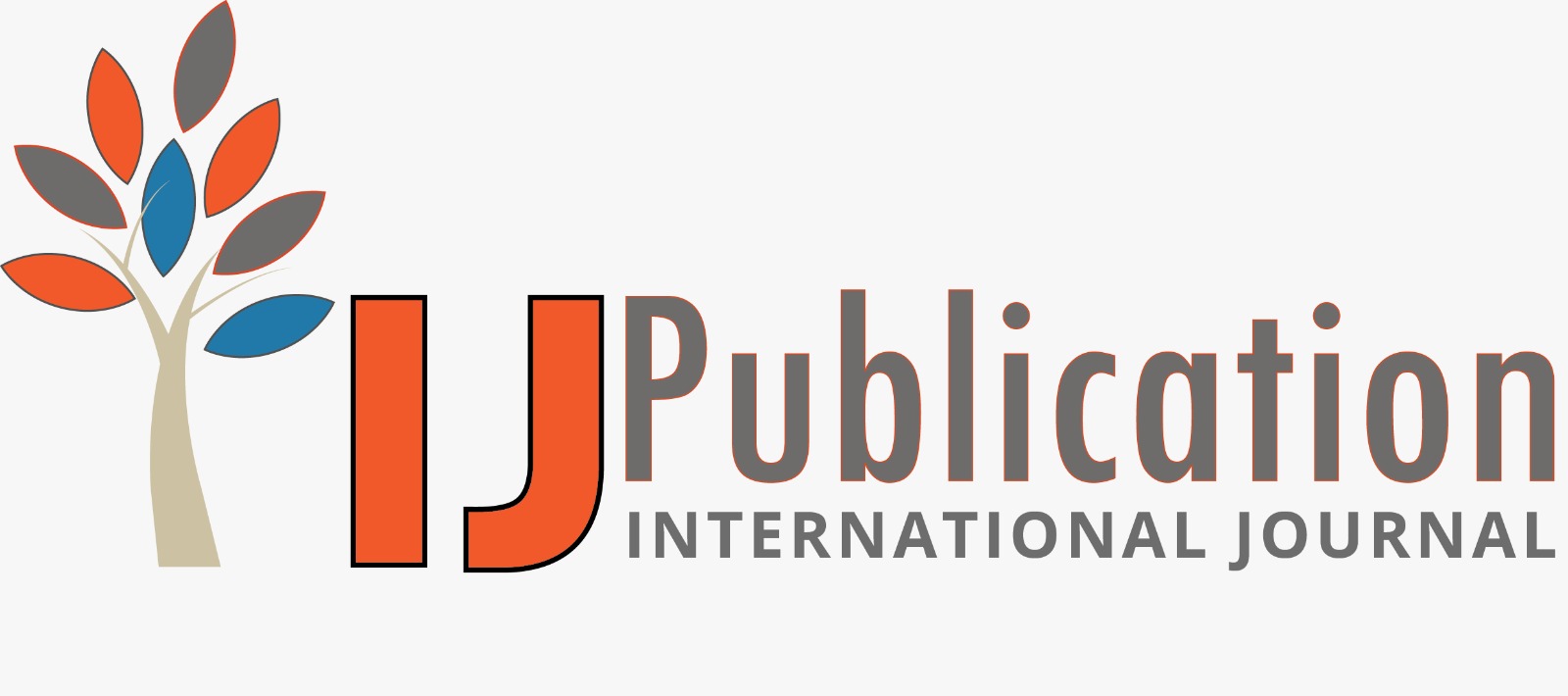Balachandar Paulraj Reviewer
 Approved
Approved
Relevance and Originality
This research offers a compelling examination of how artificial intelligence is redefining mobile banking, particularly in expanding access to underserved populations. By highlighting both the benefits of AI—such as alternative credit scoring and personalized financial tools—and its ethical challenges, the article positions itself at the intersection of innovation and social responsibility. Its focus on regional disparities and governance considerations elevates the originality of the discussion, making it highly relevant in the current era of digital finance transformation and algorithmic decision-making. The contribution is valuable to conversations around aiinclusion ethicalfinance mobilebankingdevelopment.
Methodology
The article suggests a thoughtful and likely interdisciplinary approach, blending technological analysis with ethical inquiry and geographic contextualization. Topics like credit assessment mechanisms, onboarding technologies, and regional regulatory gaps imply a layered methodology. However, the research would benefit from more detailed articulation of how data was gathered and analyzed—whether through qualitative case studies, cross-country comparisons, or expert interviews. Clarifying this would not only enhance transparency but also strengthen the credibility of its insights aiassessment comparativeethics mobilefintechanalysis.
Validity & Reliability
The conclusions are well-aligned with the current trends in AI-driven banking, particularly in regions where traditional systems fall short. The concerns around data privacy, algorithmic fairness, and transparency are well-grounded and consistent with ongoing industry debates. However, without explicit empirical validation or real-world testing, the generalizability of the proposed ethical frameworks may be limited. Including concrete examples or pilot implementations could significantly enhance the reliability of the findings and reinforce the practical relevance of the ethical recommendations responsibleai biasrisks dataprivacyconcerns.
Clarity and Structure
The article is clear, well-structured, and maintains a logical progression from the opportunities of AI integration to the ethical and governance dilemmas it introduces. The narrative is coherent, avoiding jargon while still engaging with technical complexity. Discussions on regional regulatory diversity and stakeholder involvement are presented with clarity, though additional segmentation or subheadings might improve accessibility, particularly for non-specialist readers. Overall, the writing reflects strong organization and effectively communicates both urgency and nuance aiinbanking clarityofargument financialgovernance.
Result Analysis
The study offers a thorough interpretation of AI’s potential and pitfalls in mobile banking, drawing meaningful links between ethical foresight and financial inclusion outcomes. The emphasis on multi-stakeholder frameworks and regional sensitivity lends weight to its proposals and aligns with global calls for equity in digital finance adoption aiimpact ethicaldesign inclusivefinancesolutions.












Balachandar Paulraj Reviewer